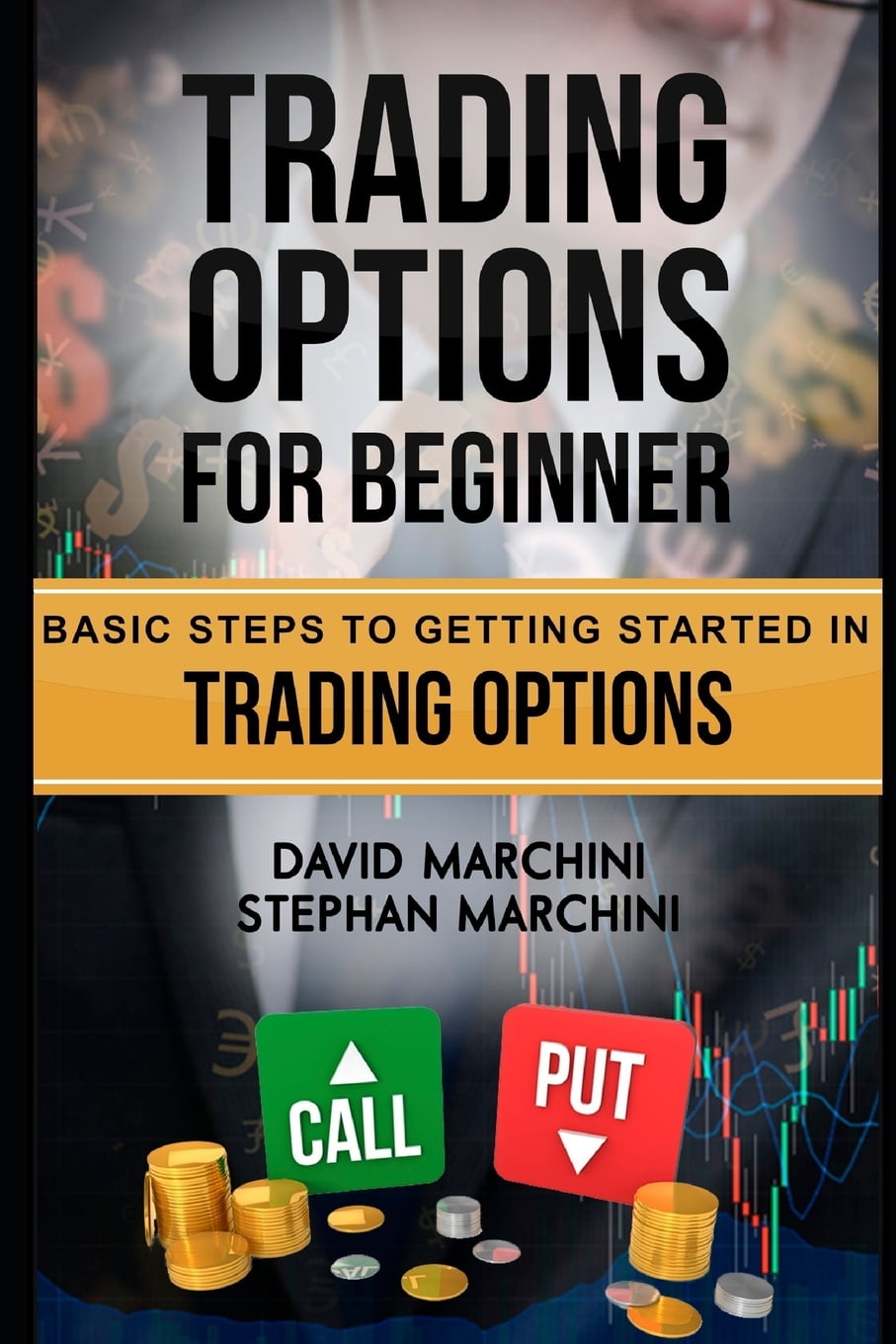Introduction

Image: www.barnesandnoble.com
In the financial realm, options trading presents an alluring avenue for seasoned investors and ambitious traders alike. Options are derivative contracts that bestow the right, not the obligation, to buy or sell an underlying asset at a predetermined price within a specified time frame. This inherent flexibility empowers traders to adopt tailored strategies that align with their risk tolerance and profit targets.
Delving into the Options Landscape
Options contracts comprise two fundamental types: calls and puts. Call options grant the buyer the right to purchase the underlying asset, whereas put options confer the option to sell it. The underlying asset can be anything from stocks and bonds to commodities like gold and oil.
Exercising an option requires the trader to pay a premium, which represents the cost of acquiring the option contract. The premium’s value fluctuates dynamically based on several factors, including the underlying asset’s price, time to expiration, and market volatility.
Unveiling the Mechanics
Once an option is purchased, it can be held until expiration or exercised before that date. Exercising a call option enables the holder to purchase the underlying asset at the strike price, typically below the current market price. Conversely, exercising a put option allows the holder to sell the underlying asset at the strike price, often higher than the prevailing market value.
Strategic Deployment
Options trading encompasses a wide array of strategies, each designed to meet specific investment objectives. Speculative applications seek to capitalize on price movements, while hedging strategies aim to mitigate risk in existing positions.
Options in Action
Consider a scenario where an investor anticipates a surge in the price of Apple stock. Instead of directly buying the stock, the investor opts for a call option with a strike price slightly above the current stock price. If the stock’s price rises as predicted, the call option’s value will likely increase, resulting in a profit for the investor upon its sale or exercise.
Conversely, if the stock’s price declines, the investor’s potential loss is limited to the premium paid for the call option, effectively shielding them from significant financial setbacks.
Key Advantages and Considerations
Options trading presents ample benefits, including:
- Flexibility: Options provide adaptable investment vehicles tailored to diverse market conditions.
- Tailored Strategies: Traders can construct customized strategies to suit their individual risk tolerance and investment horizons.
- Potential for Gain: Profit generation potential exists in both rising and falling markets.
- Risk Management: Options can offset risk in existing portfolios.
Despite their potential rewards, it’s vital to acknowledge the inherent risks associated with options trading:
- Time Decay: Option premiums diminish steadily over time, which can lead to losses if not exercised timely.
- Market Volatility: Extreme volatility can exacerbate option prices and amplify both potential gains and losses.
- Complexity: Understanding options trading requires a thorough knowledge of the underlying concepts and potential risks.
Conclusion
Options trading, while potentially lucrative, demands a comprehensive understanding of the involved risks and rewards. Investors and traders should approach this domain with caution and adequate research, ensuring they possess the necessary expertise to navigate its intricacies successfully. By embracing informed decision-making and diligent risk management, the realm of options trading can potentially yield substantial financial rewards.

Image: www.walmart.com
Trading Buying Exercising Options

Image: kingtradingsystems.com






